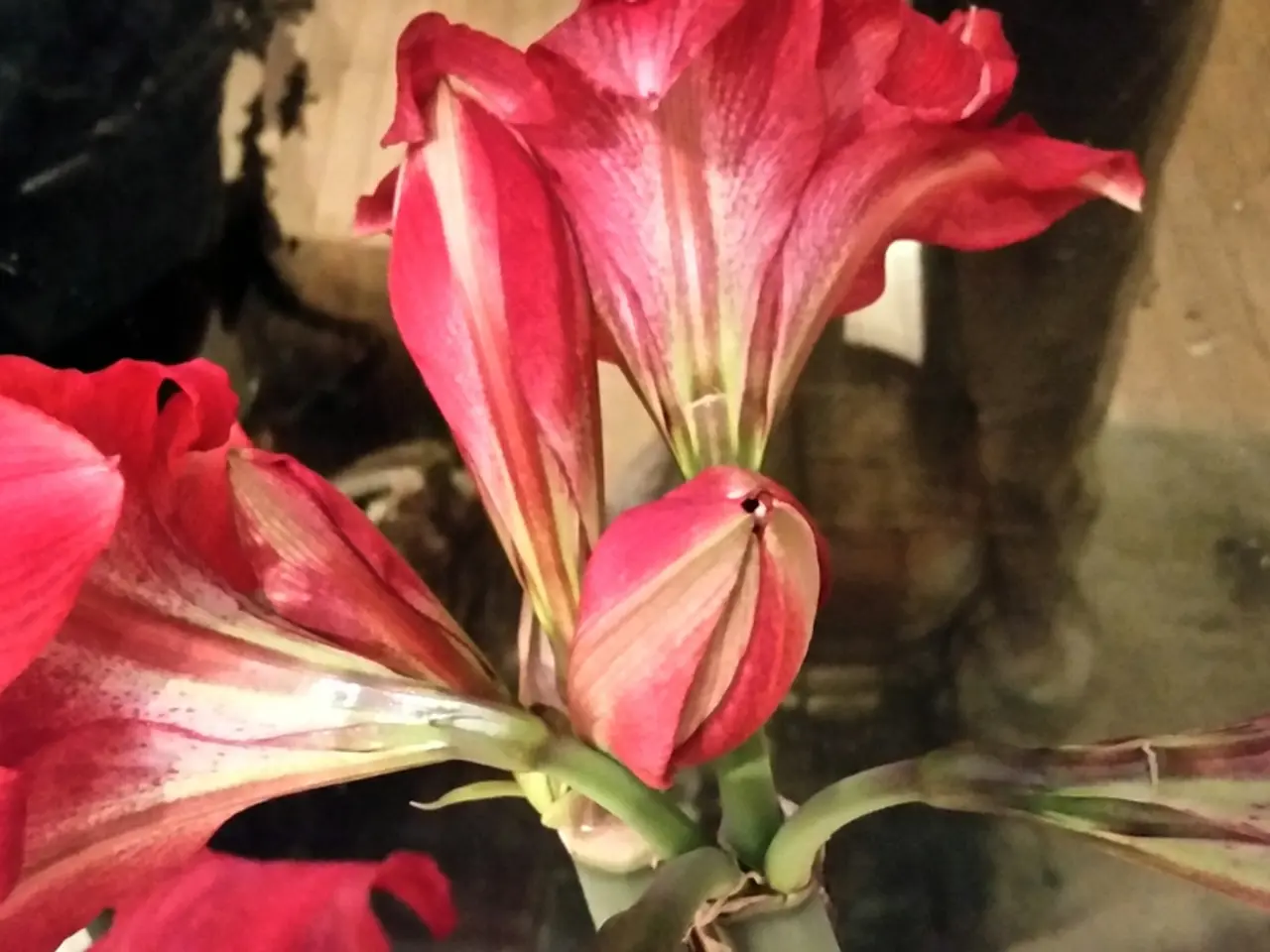Efficient Home Energy Use: Simple Energy-saving Strategies for Your Residential Space
### Practical Tips for Reducing Energy Consumption at Home
In today's world, energy efficiency is more important than ever. By adopting a few simple practices, you can significantly reduce your energy consumption and save on your electricity bills while contributing to environmental protection. Here are some practical tips for identifying and eliminating energy guzzlers at home.
#### Conduct an Energy Audit
Hiring a professional to perform an energy audit is the first step towards identifying hidden energy wasters such as air leaks and inefficient insulation. Tools like blower doors and infrared cameras are used to detect where energy is being lost, enabling you to address these issues and save on your energy bills.
#### Use Smart Devices
Utilizing smart home systems can help you monitor your energy consumption in real-time. For instance, Homey Energy allows you to monitor energy consumption across different zones and devices, making it easier to identify power-hungry appliances. Installing smart meters can help track overall energy usage and categorize unaccounted energy as "other" for further investigation.
#### Identify Standby Power Consumption
Unplugging devices or using smart power strips can help eliminate "phantom load" from devices in standby mode. This includes appliances like TVs, printers, and microwaves, which continue to consume energy even when they are turned off.
#### Upgrade Appliances
Replacing old appliances with energy-efficient models can reduce overall energy consumption. For example, 5-star rated refrigerators are more energy-efficient and can help you save on your electricity costs.
#### Maximize Natural Resources
Using natural daylight before turning on lights and installing solar panels are effective ways to reduce energy consumption. Solar panels can generate energy and balance your home's energy usage.
#### Adjust Daily Habits
Turning off lights, fans, and appliances when not in use, regularly cleaning and maintaining appliances, and using energy-efficient lighting options like LEDs are all simple practices that can help reduce energy consumption.
#### Additional Eco-Friendly Changes
Switching to rechargeable batteries is an eco-friendly and cost-effective alternative to traditional single-use batteries. You can use power meters to accurately analyze how much energy individual appliances in your household actually use. For devices with an automatic power-saving mode, setting it to activate after a certain period of inactivity can also help minimize power consumption.
In conclusion, by implementing these strategies, you can effectively identify and eliminate energy guzzlers at home while reducing your overall energy consumption. Saving energy is not only good for your wallet but also an important contribution to environmental protection. Smart meters regularly send data to the central system, allowing for accurate descriptions and forecasts of electricity consumption. Opening an account at energiesparkonto.at allows you to record your meter readings and compare your consumption with other Austrian households. The Energy Savings Account provides a detailed analysis of your energy use and helps you identify specific savings opportunities. Even if energy-efficient devices are sometimes more expensive to buy, they quickly make up for it through savings on electricity costs.
In the realm of health-and-wellness, it's essential to consider the impact of one's lifestyle choices on the environment. For instance, adopting a plant-based diet rich in nutrition can lower carbon emissions associated with food-and-drink production.
In the fashion-and-beauty sector, sustainability is gaining prominence. Opting for eco-friendly clothing, made from organic materials, can help minimize the negative environmental impacts of the industry.
In the home-and-garden space, careful choices can also lead to energy savings. For example, using energy-efficient LED bulbs for gardening can significantly reduce electricity consumption compared to traditional bulbs.




